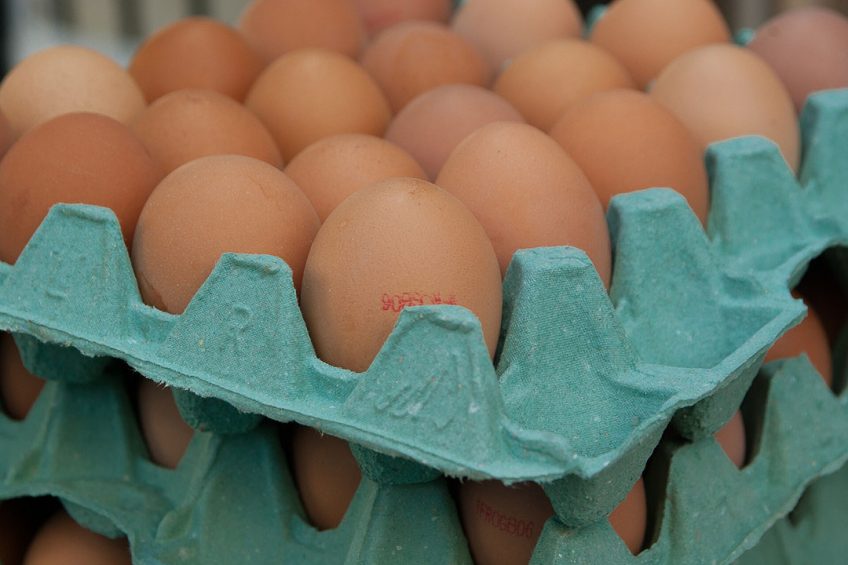Bird flu sparks egg shortages in South Korea

The outbreak of the highly contagious H5N8 strain of avian influenza has led to the culling of more than 26 million birds across South Korea since October, resulting in a serious shortage of eggs.
South Korea’s poultry industry has been severely affected by the spread of avian influenza with authorities identifying 95 cases at local poultry farms in recent months. As a result, egg prices have soared, nudging up inflation, with food prices in January climbing faster than the previous 2 years. Given the scale of culling, South Korea is among the worst hit in the world, according to The Indian Express. “The influenza is spreading sporadically this time, compared to what we saw in 2016-17, meaning it’s harder for authorities to do epidemiological investigations,” said Korea Rural Economics Institute researcher Lee Hyungwoo, who noted that 19% of egg-laying hens have been culled.
Egg prices almost doubled in South Korea
Prices of eggs sold by South Korean farmers almost doubled from a year ago, and retail prices rose 43%, according to the ministry of agriculture. This year, egg prices have jumped 28% already. South Korea’s Lunar New Year in mid-February also put pressure on local demand as eggs are used in traditional dishes made for the celebration. Local farmers have, however, complained about authorities’ policy of culling all birds within a 3-km radius of infected farms, claiming that it were these excessive measures which led to a hike in prices of poultry goods, which they say only ended up benefiting importers, reports The Korea Herald. The ministry of agriculture noted that prices will stabilise from the end of February as restaurants and retail shops begin replacing local eggs with imported supply.












